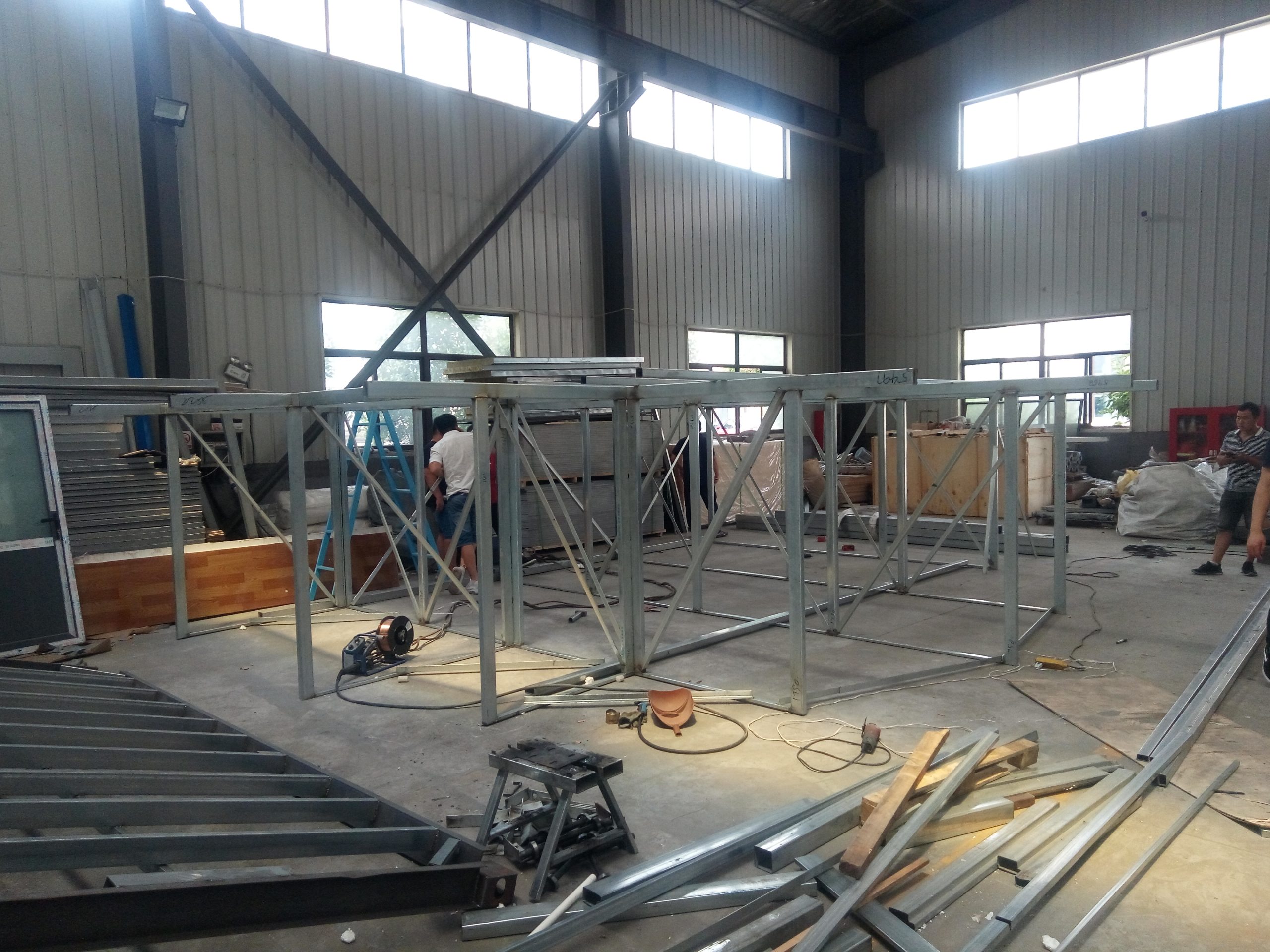Table of Contents
Sustainable Practices: Utilizing Container Houses for Eco-Friendly Accommodation in Rural Tourism
Container houses have gained popularity in recent years for their versatility and sustainability. These structures, made from repurposed shipping containers, offer a unique and eco-friendly alternative to traditional building methods. In rural areas, where tourism is a growing industry, container houses have found a new purpose as accommodation for travelers seeking a more sustainable and immersive experience.
One of the key advantages of using container houses in rural tourism development is their versatility. These structures can be easily customized to suit the needs of different types of travelers, from solo adventurers to families. With the ability to stack containers or arrange them in various configurations, developers can create unique and innovative accommodation options that stand out in a crowded market.
In addition to their versatility, container houses are also cost-effective. The materials used to build these structures are readily available and relatively inexpensive, making them an attractive option for developers looking to minimize their environmental impact while keeping costs down. This affordability can be especially beneficial in rural areas where resources may be limited, allowing for more sustainable development practices that benefit both the environment and the local community.
Furthermore, container houses are inherently sustainable. By repurposing shipping containers that would otherwise be discarded, developers can reduce their carbon footprint and contribute to a more circular economy. Additionally, these structures can be designed to be energy-efficient, with features such as solar panels and rainwater harvesting systems that further reduce their environmental impact. This commitment to sustainability can attract eco-conscious travelers who are increasingly seeking out accommodation options that align with their values.
The multifunctional nature of container houses also lends itself well to rural tourism development. In addition to serving as accommodation, these structures can be repurposed for a variety of other uses, such as cafes, shops, or community spaces. This flexibility allows developers to create vibrant and dynamic destinations that cater to a wide range of interests and activities, enhancing the overall visitor experience.
Moreover, container houses can help preserve the unique character of rural areas by blending seamlessly into the natural landscape. Their industrial aesthetic can be softened with the use of natural materials and landscaping, creating a harmonious balance between modern design and traditional architecture. This integration with the surrounding environment can enhance the sense of place and authenticity that travelers seek when visiting rural destinations.
In conclusion, the multifunctional application of container houses in rural tourism development offers a sustainable and innovative approach to accommodation. These structures provide developers with a cost-effective and versatile option that can be tailored to meet the needs of different types of travelers. By repurposing shipping containers and incorporating sustainable design features, developers can create unique and eco-friendly destinations that attract a growing market of environmentally conscious travelers. With their ability to blend seamlessly into the natural landscape and serve multiple purposes, container houses have the potential to transform rural tourism and contribute to the long-term sustainability of these destinations.
Innovative Design Ideas: Transforming Container Houses into Unique and Attractive Lodging Options for Rural Tourists
Container houses have gained popularity in recent years for their versatility and sustainability. Originally designed for shipping goods across the globe, these steel structures have found a new purpose in the world of architecture and design. One of the most innovative uses of container houses is in rural tourism development, where they are being transformed into unique and attractive lodging options for tourists seeking a one-of-a-kind experience.
The multifunctional application of container houses in rural tourism development has opened up a world of possibilities for both tourists and property owners. These structures can be easily customized and adapted to suit the needs and preferences of different travelers, making them an ideal choice for those looking for a unique and memorable stay in the countryside.
One of the key advantages of using container houses in rural tourism development is their portability. These structures can be easily transported to remote locations, allowing property owners to set up lodging options in areas that may not have traditional accommodations. This not only helps to attract tourists to lesser-known destinations but also promotes sustainable tourism practices by minimizing the impact on the environment.

In addition to their portability, container houses are also cost-effective and quick to build. This makes them an attractive option for property owners looking to invest in rural tourism development without breaking the bank. By repurposing shipping containers into lodging options, property owners can save on construction costs while still offering tourists a unique and comfortable place to stay.
Furthermore, container houses can be designed in a way that blends seamlessly with the natural surroundings, enhancing the overall experience for tourists. From eco-friendly features such as solar panels and rainwater harvesting systems to rustic and cozy interiors, these structures can be customized to create a welcoming and sustainable environment for guests.
The versatility of container houses also allows for a wide range of design options, making them suitable for different types of rural tourism experiences. Whether it’s a cozy cabin in the woods, a modern retreat overlooking a vineyard, or a quirky glamping site in the countryside, container houses can be transformed into a variety of lodging options to cater to the diverse preferences of tourists.
Moreover, the compact size of container houses makes them ideal for small-scale rural tourism developments. Property owners can easily set up multiple units on their land, creating a unique and intimate experience for guests. This not only helps to attract tourists looking for a peaceful and secluded getaway but also promotes community-based tourism by supporting local businesses and artisans.
In conclusion, the multifunctional application of container houses in rural tourism development offers a sustainable and innovative solution for property owners looking to attract tourists to their land. By repurposing shipping containers into unique and attractive lodging options, property owners can create a memorable experience for guests while promoting sustainable tourism practices. With their portability, cost-effectiveness, and versatility, container houses are transforming the way we think about rural tourism and offering a new way to experience the countryside.

